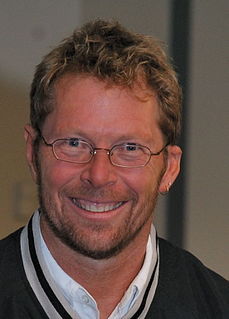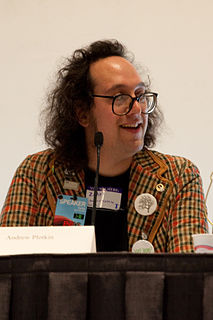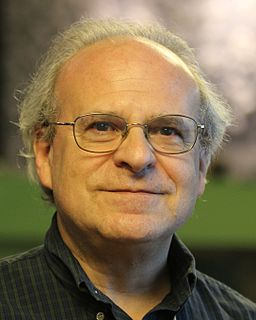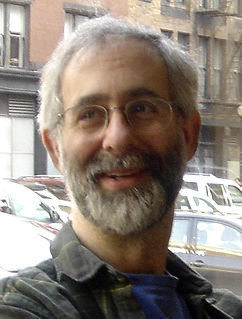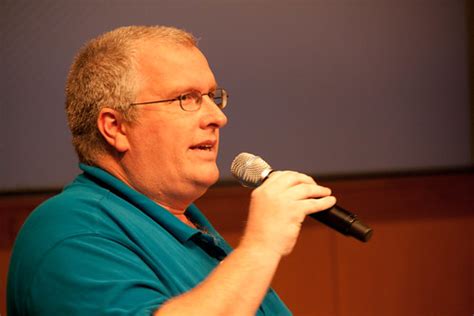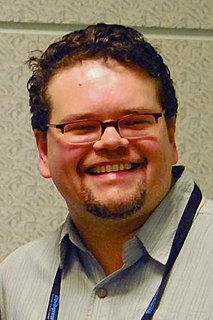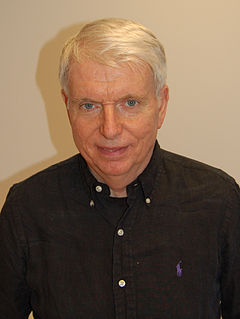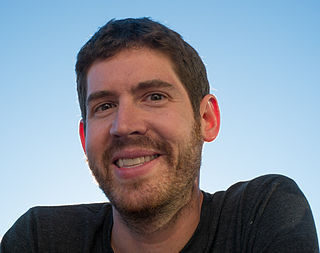A Quote by Ron Jeffries
When we use a language, we should commit ourselves to knowing it, being able to read it, and writing it idiomatically.
Related Quotes
I feel like in the reading I did when I was growing up, and also in the way that people talk and tell stories here in the South, they use a lot of figurative language. The stories that I heard when I was growing up, and the stories that I read, taught me to use the kind of language that I do. It's hard for me to work against that when I am writing.
After I quit being a lawyer in '95, I was having a lot of trouble writing. Then I read somewhere that Willa Cather read a chapter of the Bible every day before she started work. I thought, 'Okay, I'll try it.' Before each writing session, I started to read the Bible like a writer, thinking about language, character, and themes.
The price a world language must be prepared to pay is submission to many different kinds of use. The African writer should aim to use English in a way that brings out his message best without altering the language to the extent that its value as a medium of international exchange will be lost. He should aim at fashioning out an English which is at once universal and able to carry his peculiar experience.
I read everything. I'll read a John Grisham novel, I'll sit and read a whole book of poems by Maya Angelou, or I'll just read some Mary Oliver - this is a book that was given to me for Christmas. No particular genre. And I read in French, and I read in German, and I read in English. I love to see how other people use language.
Nine-tenths of the value of a sense of humor in writing is not in the things it makes one write but in the things it keeps one from writing. It is especially valuable in this respect in serious writing, and no one without a sense of humor should ever write seriously. For without knowing what is funny, one is constantly in danger of being funny without knowing it.
For being able to use language was a critical skill that could carry one far. One could use it professionally, as a crafter of everything from political speeches to modern novels. One could use it personally, as a tool of discovery or a means of staying connected to others. One could use it as an outlet that would feed the artistic spirit of the creator, which existed in everyone.

















